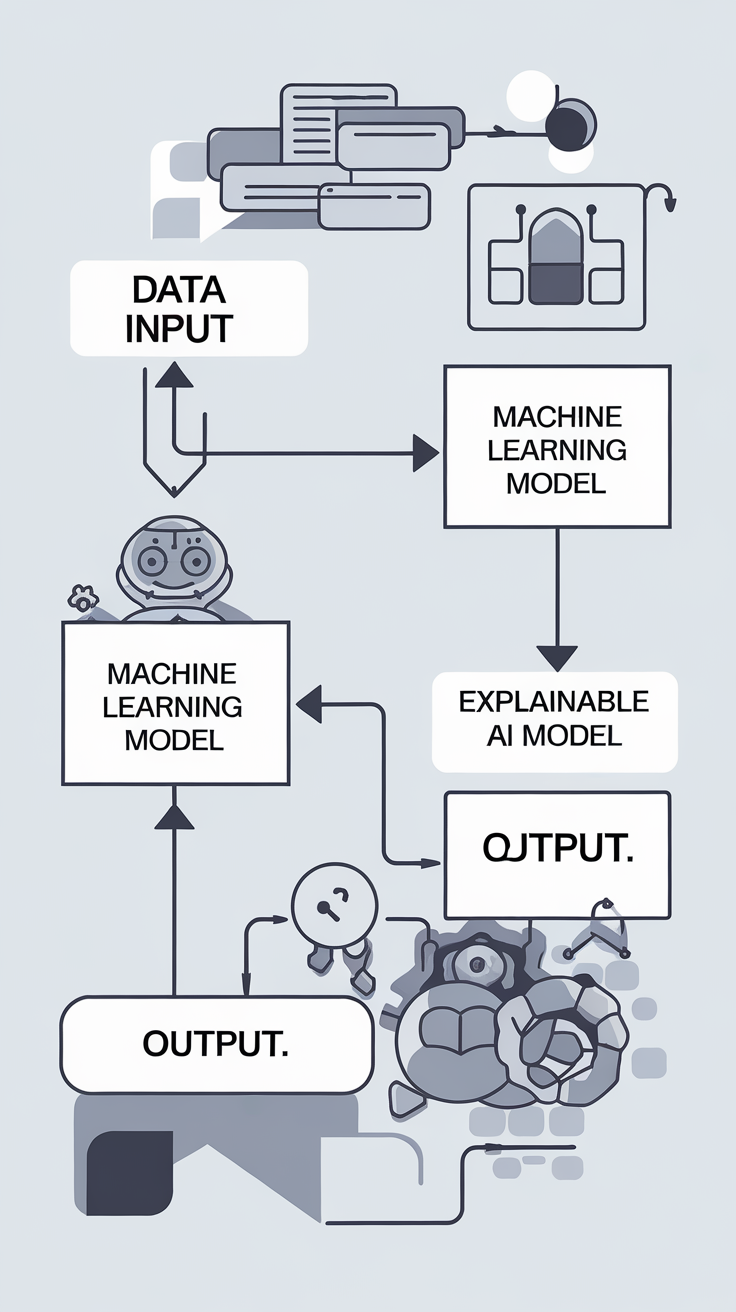The Science of Portion Control: How Mindful Eating Can Revolutionize Weight Loss
Last Updated: July 17, 2025 at 6:00:45 AM UTC
Mindful eating and portion control are often overlooked yet powerful tools in the battle against obesity. Learn how this simple yet effective approach can revolutionize your weight loss journey.

In the pursuit of weight loss, many of us focus on the latest fad diets, supplements, and quick fixes. However, a crucial aspect of achieving and maintaining a healthy weight is often overlooked: mindful eating and portion control. This simple yet effective approach can have a profound impact on our relationship with food and our bodies.
The Power of Portion Control
Portion control is the practice of eating the right amount of food for your individual needs. This means paying attention to serving sizes, eating slowly, and stopping when you feel satisfied, rather than stuffed. By doing so, you can:
- Reduce calorie intake: Eating smaller portions means consuming fewer calories, which can lead to weight loss.
- Improve nutrient intake: Portion control helps ensure you're getting the nutrients your body needs without overindulging in unhealthy foods.
- Develop healthier habits: By focusing on mindful eating, you're more likely to adopt other healthy habits, such as regular exercise and stress management.
The Science Behind Mindful Eating
Mindful eating is the practice of paying attention to your physical and emotional sensations while eating. This involves:
- Eating slowly and savoring each bite
- Paying attention to hunger and fullness cues
- Avoiding distractions, such as TV or phones, while eating
- Eating in a calm and relaxed environment
Research has shown that mindful eating can lead to:
- Improved weight management: By eating more slowly and savoring each bite, you're more likely to feel satisfied and stop eating when full.
- Reduced stress: Mindful eating can help reduce stress and anxiety, which are common triggers for overeating.
- Better digestion: Eating slowly and chewing thoroughly can improve digestion and reduce symptoms of bloating and discomfort.
Strategies for Success
Implementing mindful eating and portion control into your daily routine can be challenging, but with the right strategies, you can achieve success:
- Start small: Begin by making small changes, such as eating one meal a day mindfully or reducing your portion sizes by a quarter.
- Track your progress: Keep a food diary or use a tracking app to monitor your eating habits and identify patterns.
- Find support: Share your goals with a friend or family member and ask for their support and encouragement.
- Be patient: Developing mindful eating habits takes time and practice, so be patient and don't get discouraged by setbacks.
Conclusion/Key Takeaways
Mindful eating and portion control are powerful tools in the battle against obesity. By focusing on these simple yet effective habits, you can revolutionize your weight loss journey and develop a healthier relationship with food and your body. Remember to start small, track your progress, and find support along the way.
Weight loss is a journey, not a destination. Focus on developing healthy habits and a positive relationship with food, and the results will follow.











